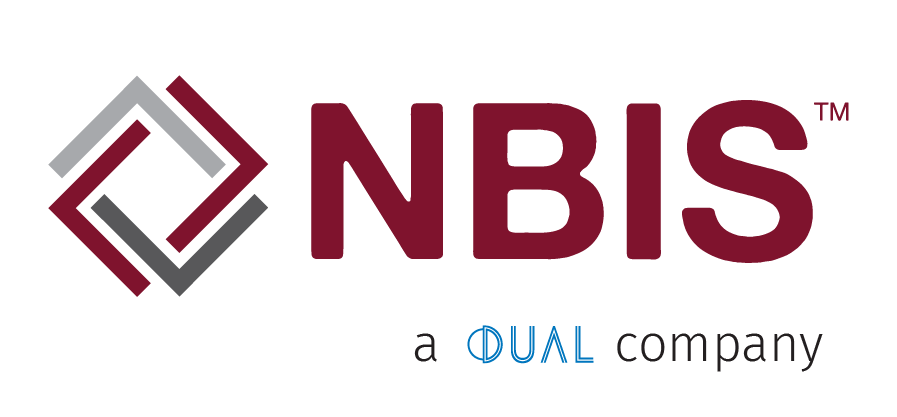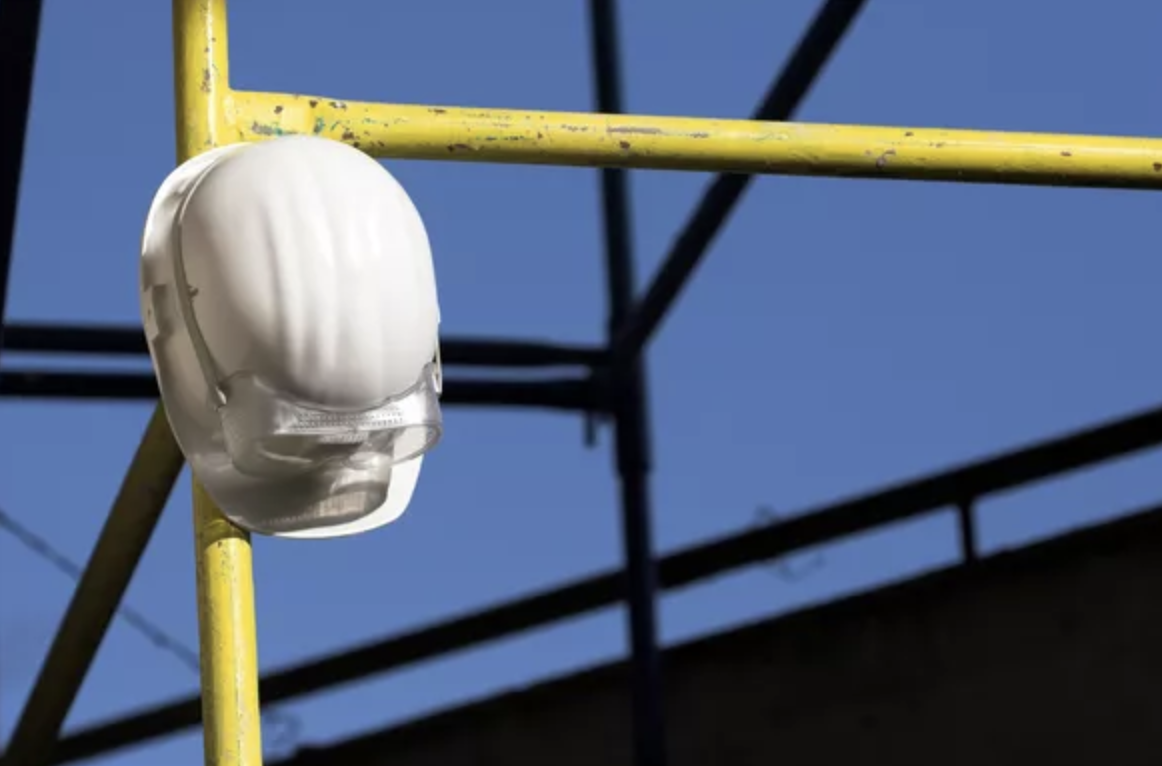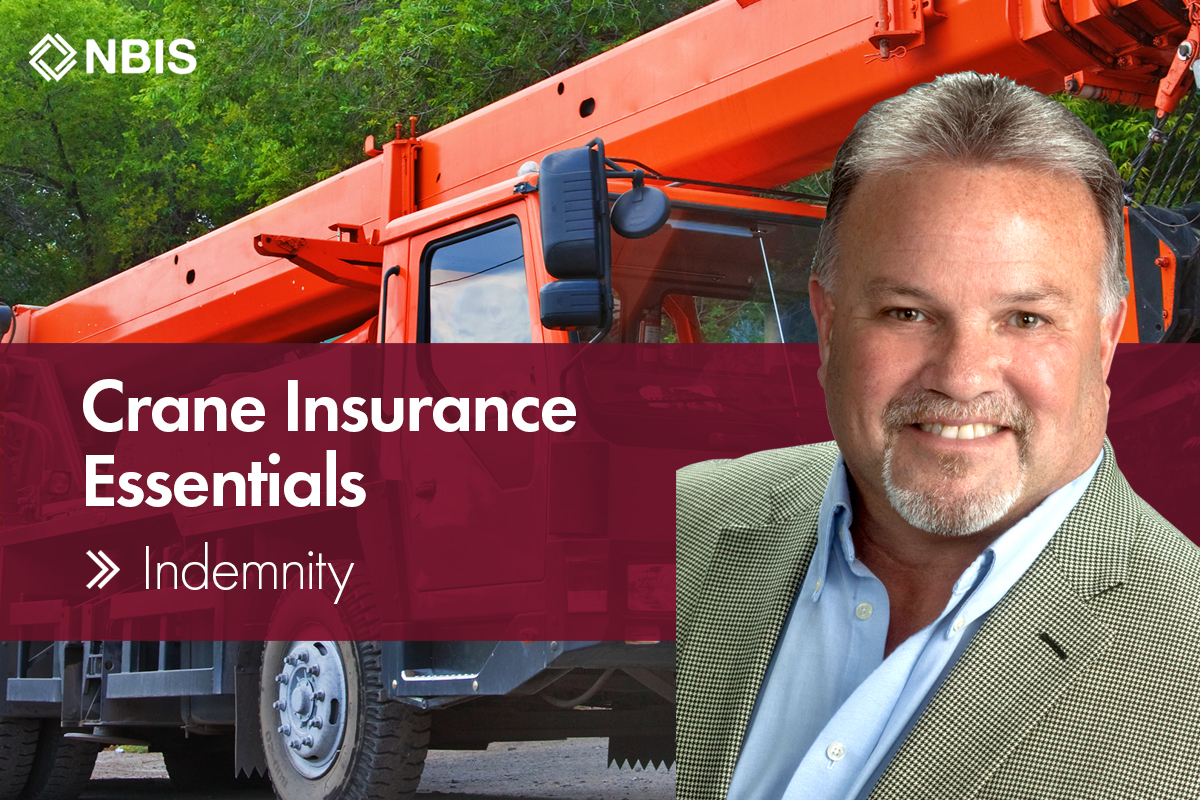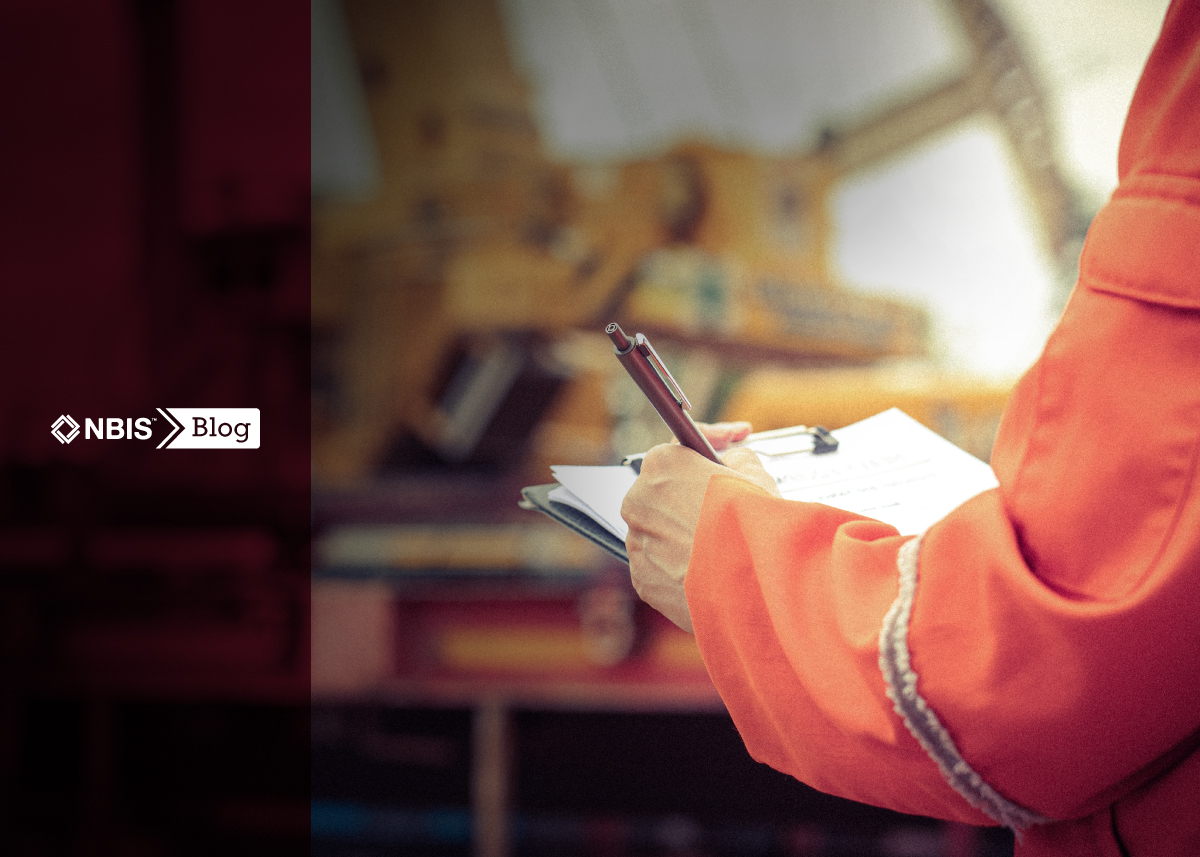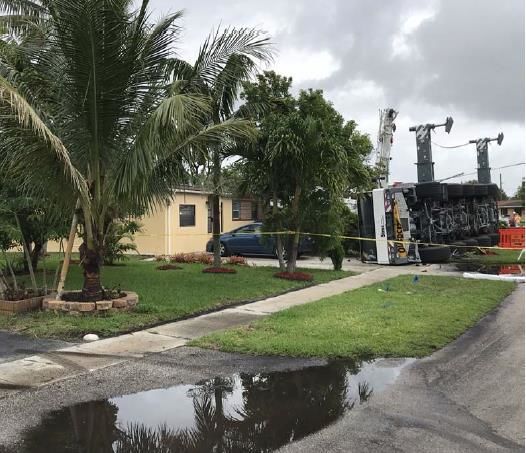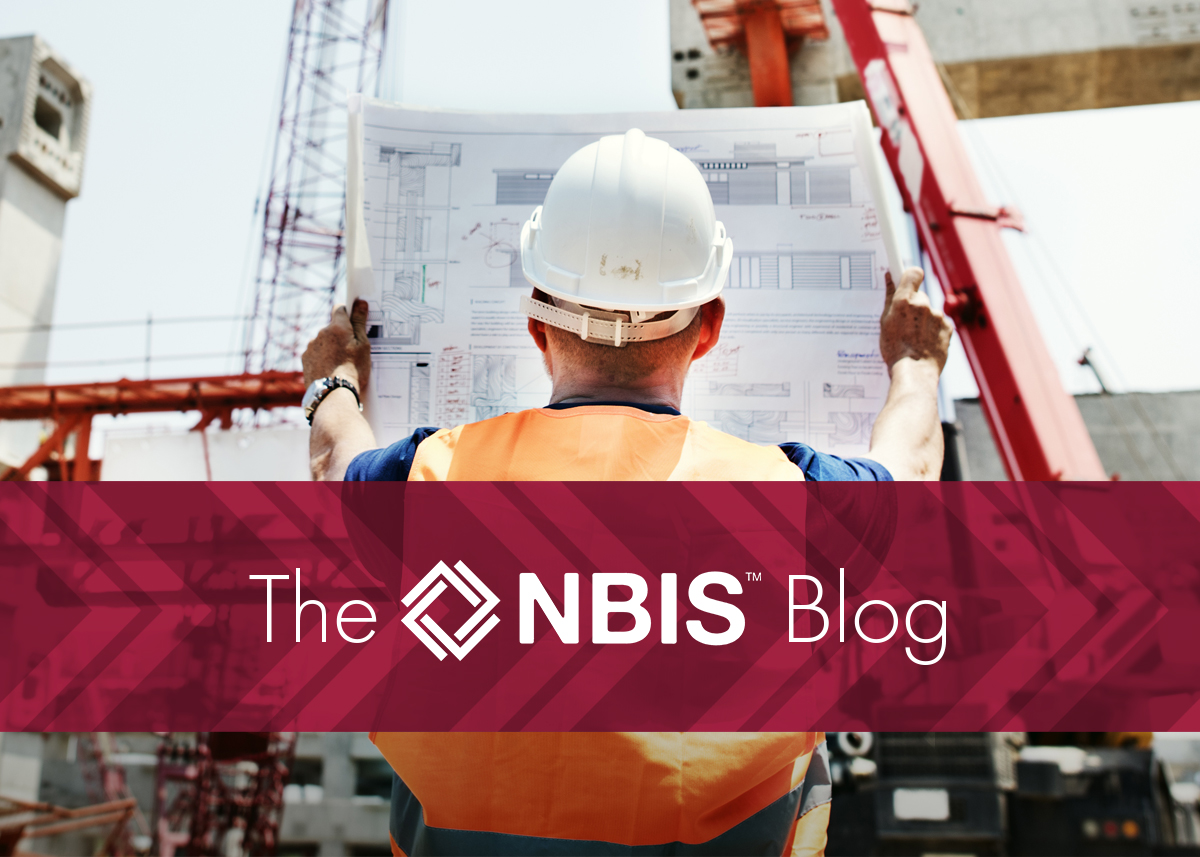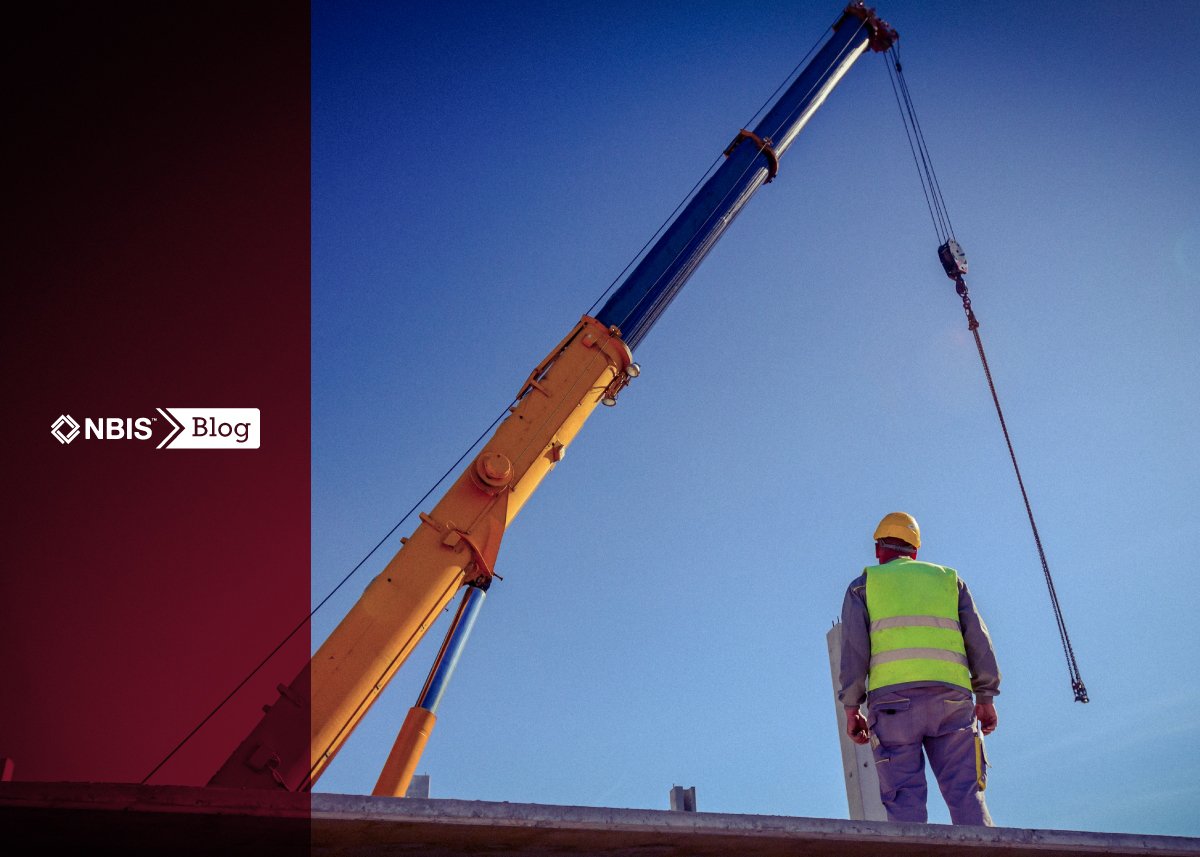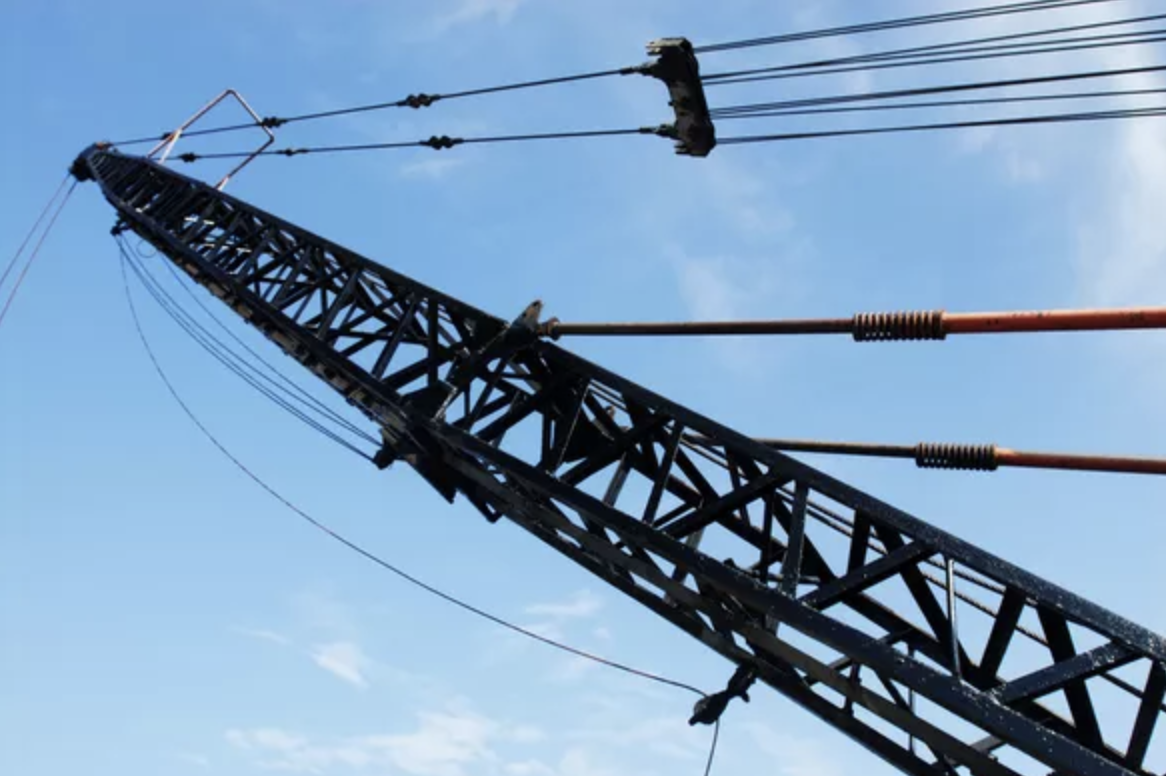“A poor safety record or reputation can easily take money from your pocket before it was even there” – Jennifer Gabel of JK Crane commented in the article “Safe Future” by Mike Chalmers in International Cranes & Specialized Transport Magazine, December 2018 issue.
Excerpt from the full article as it relates to Insurance:
Gabel has learned the value of putting together an effective story for her business. “In recent years, we’ve had experiences that indicate it’s becoming more effective to utilize safety records when interacting with insurance companies, potential workers and hopeful clients – building a narrative,” she added. “Any award is a bit of a PR moment for us – whether locally or industry wide via SC&RA. It allows us to be seen, especially on the local level, which proves effective for potential business and hopefully attractive to quality workers who now have many options to choose from – and certainly aren’t going to look in the direction of a poor safety record and reputation.”
Chris Vlk, president at Dobson Industrial, Inc., echoes Gabel’s thoughts about attracting
insurance companies within a competitive space. “Having zero recordable injuries in
any given year is a major achievement in our industry,” he stressed. “Having back-to-back years is even more impressive – which has a direct impact on our workers compensation insurance premiums, where we’ve been able to negotiate deep discounts, saving us huge amounts of money.”
Beneath Vlk’s suggested money-saved-is-money-made umbrella, Gabel indicates, additionally, that a poor safety record or reputation can easily take money out of your pocket before it was even there. “If you have a certain number of recordable incidents that cause your EMR [experience modification rate] to go up, we know that certain companies simply won’t do business with you.” Gabel added that money spent cutting corners can also come back to haunt you. “I can’t think of too many scenarios that can devastate your business financially more than a lawsuit. Any money you thought you might be saving, especially on safety, could easily be wiped out. And you just never know what type of accident you might have; there are plenty
of factors out of your control in this business which makes the factors you can control –
safety above everything else – all the more vital to protecting your workers, the project
and your company. And hopefully this focus allows you to grow financially as a result.”
From an insurance standpoint, Jeff Hammons, President at JHam Group Consulting, said companies are wise to produce upstream initiatives that produce downstream results,
noting that insurance companies look to establish financial partnerships with safety-conscious companies where everybody wins and grows together.
To that end, Joe Doerr, program manager at NBIS (NationsBuilders Insurance Services, Inc.), agrees that SC&RA member companies can certainly save on insurance by maximizing an impressive safety record. “An underwriter has the ability to give modification credit or debit,” he said. “A company with a stellar safety profile with plenty of industry recognition, including a handful of association awards, is very likely going to get a percentage credit – i.e. savings.” Doerr, like Unger and Gabel, also can’t ignore the opportunity companies have to grow business by adding quality workers.
Again, this is born out of a commitment to safety. “In today’s market, from operators to
drivers, the scenario is pretty much reversed,” he said. “Now, everyone is hiring, so potential workers are examining who they want to work with much more seriously. Your ability to attract workers who will take your company to the next level will definitely be impacted by safety, on every level.”
* Reposted from “Safe Future” article by Mike Chalmers in International Cranes & Specialized Transport Magazine, December 2018 issue. Read the full article > HERE
